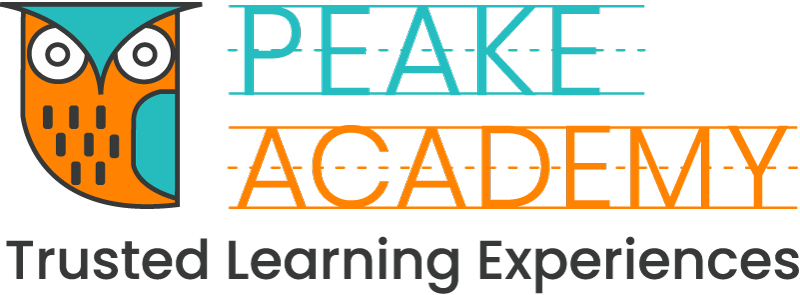Integrating Technology in Early Learning: Why It Matters for Your Preschooler
In the rapidly evolving landscape of education, the role of technology in early learning has become a topic of significant interest and debate. Parents and educators alike are grappling with the question of when and how to introduce technology to young learners. As we navigate the digital age, it is crucial to understand the potential benefits and risks associated with integrating technology into early childhood education. In this article, we will explore the reasons why incorporating technology in early learning matters for your preschooler.
Engagement and Active Learning
One of the primary advantages of integrating technology in early learning is the ability to engage preschoolers in interactive and immersive experiences. Educational apps, interactive games, and multimedia content can captivate a child's attention and make the learning process more enjoyable. These tools are designed to be visually stimulating and can cater to different learning styles, providing a dynamic and engaging environment for young minds to explore.
Personalized Learning Experiences
Technology allows for the customization of learning experiences, catering to the unique needs and pace of each child. Adaptive learning platforms can assess a child's strengths and weaknesses, adjusting the difficulty level of activities accordingly. This personalized approach ensures that children receive targeted support in areas where they need it most, fostering a sense of accomplishment and boosting confidence in their learning abilities.
Preparation for a Tech-Driven Future
In today's world, technology is an integral part of daily life, and its influence is only expected to grow. Introducing technology in early learning equips preschoolers with the digital literacy skills essential for navigating an increasingly tech-driven society. Familiarity with devices, basic coding concepts, and digital communication tools can provide a solid foundation for future academic and professional success.
Enhanced Learning Opportunities
Technology opens up a world of educational resources beyond traditional textbooks. Preschoolers can access a vast array of educational content, including interactive videos, virtual field trips, and e-books, expanding their knowledge and exposing them to diverse subjects. This exposure helps cultivate a love for learning and curiosity about the world around them.
Development of Critical Thinking and Problem-Solving Skills
Interactive educational games and puzzles on digital platforms encourage the development of critical thinking and problem-solving skills. These activities often present challenges that require logical reasoning and creative solutions, fostering cognitive development in young children. Through trial and error in a digital environment, preschoolers learn to analyze situations, make decisions, and persevere in the face of challenges.
Social Skills and Collaboration
Contrary to the notion that technology isolates individuals, well-designed educational apps and platforms can facilitate social interaction and collaboration among preschoolers. Multiplayer games and collaborative activities encourage teamwork, communication, and the development of social skills. Children learn to share, take turns, and work together towards common goals, laying the groundwork for positive social interactions in their future endeavors.
Parental Involvement and Monitoring
Integrating technology in early learning also provides an opportunity for parents to actively participate in their child's education. Many educational apps and platforms offer features that allow parents to monitor their child's progress, track learning milestones, and receive insights into their strengths and areas for improvement. This involvement strengthens the parent-teacher partnership, fostering a collaborative approach to a child's education.
Balance and Responsible Tech Use
While the benefits of integrating technology in early learning are evident, it is essential to strike a balance and promote responsible tech use. Preschoolers should have a well-rounded learning experience that includes hands-on activities, outdoor play, and face-to-face interactions. Establishing healthy screen time limits and encouraging a diverse range of activities will help ensure that technology complements, rather than replaces, other essential aspects of early childhood development.
In conclusion, the integration of technology in early learning holds immense potential for enhancing the educational experience of preschoolers. From engaging interactive learning experiences to personalized education and preparation for a tech-driven future, the benefits are diverse and significant.
Free Resource
Thank you for reading this content. And if you loved this post, please be sure to join our Parent Advisor Facebook group where we share more insights and community.
Discover how integrating technology in early learning can benefit your little one. Get your hands on a complimentary Online Safety Tips guide to ensure their digital journey is both fun and safe
Everyone deserves self-care
The same goes for busy moms like you. So let's do it together and create a healthy habit!
Join the 30-Day Happy Mom Challenge Today!
Visit our Parent Advisor and The Buzz Blogs to learn more about related topics and parenting tips. You are welcome to join our private Parent Advisor Facebook group. It’s a growing community of parents and preschool teachers where you can learn and share more parenting tips.










